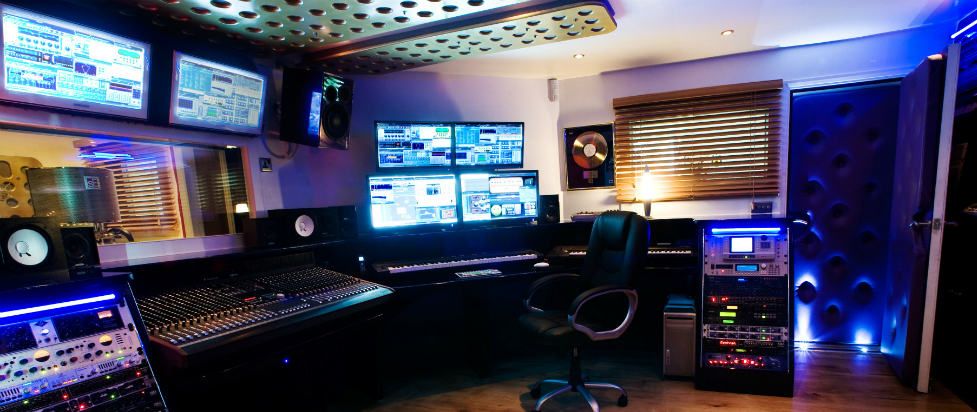
Video Game Voice Actors Preparing to Strike
The actors behind the familiar voices in your video games are positioning to picket.
Earlier this week, SAG-AFTRA (the Screen Actors Guild – American Federation of Television and Radio Artists) agreed to authorize the National Board to strike on behalf of interactive media (e.g. video games). What does that mean? The best voice actors in the games industry are preparing to stop working.
A situation like this has been brewing since the original Interactive Media Agreement expired at the end of last year. Video game performers and producers negotiated in February and June, but neither engagement led to an agreement. Major players like Warner Bros., EA Games, and Disney are throwing their weight around against the Screen Actors Guild, here. This is kind of a big deal; it could have a very real impact on the games being released next year.
During negotiations, SAG-AFTRA pointed out that the original Interactive Media Agreement, which dictates actors’ wages, healthcare, etc. was written in 1995. It has been revised since then, but much of the language is the same. And damn is it dated.
To give you an idea, the most recent iteration of the contract is from 2008. Under terms, “platform” refers to “micro-processor based hardware including but not limited to SEGA, Nintendo and 3DO“.
Briefly, SAG-AFTRA has proposed:
- Performance Bonuses – For every 2 million copies that a game sells up to a maximum of 8 million, the actor will receive $825.
- Stunt Pay – Additional pay for “vocally stressful recording sessions” and two hour limits on such recording sessions.
- Stunt Coordinators During Mo-Cap Sessions – Actors often are instructed to do their own motion capture with little or no experience and no supervision. Coordinators must be present to improve performance and safety.
- Transparency – Additional information on the nature of the project. Actors are routinely called to audition without knowing the number of sessions they will work, the ESRB rating the game will receive, if there is offensive content, or if the sessions will be vocally stressful.
These proposals have been categorically rejected by game producers who have countered with proposals of their own:
- Attentiveness – A $2,500 fine will be imposed on the actor if they are late or are not “attentive to the services for which [they] have been engaged.”
- Mandatory Auditions – A $50,000 – 100,000 fine will be imposed on the actors agent if the fail to send their client on certain auditions including atmospheric voices or one hour one voice sessions, and the agent will have their union franchise revoked by SAG-AFTRA, making them unable to represent any union actor.
- Actor Mo-Cap – Producers do not believe they should have to have stunt coordinators present and that they should be allowed to have their own, non-union actors play said characters.
There has been no movement on either side of negotiations. With the union actors positioning to strike, you have to wonder if it will give them leverage or if producers will find workarounds. Twenty percent of video games use union actors – it is hard to imagine blockbusters like Call of Duty or Assassin’s Creed without top voice talent. Or Mario without the voice of… well,
Mario.





